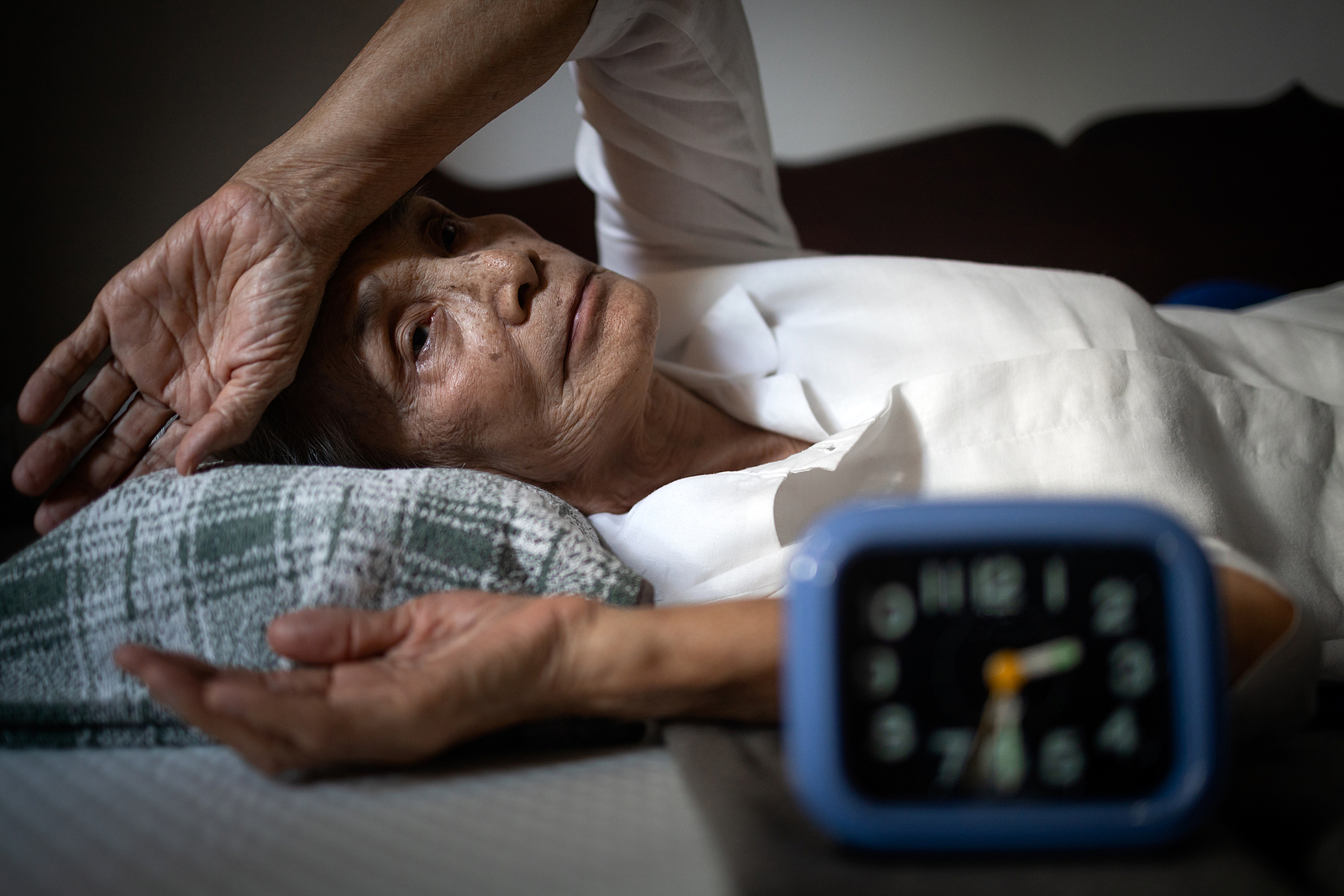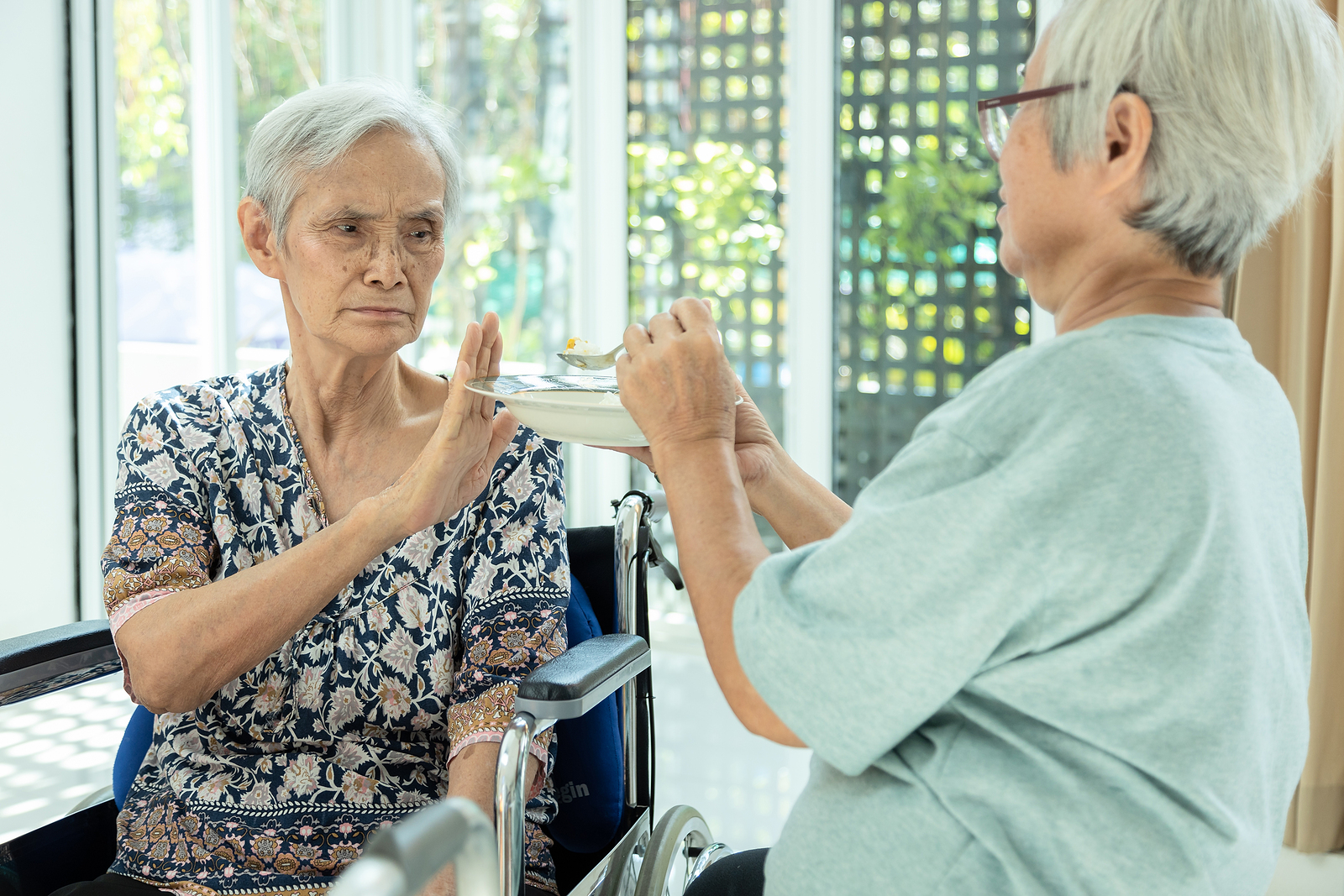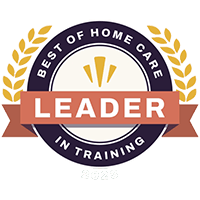Alzheimer’s disease is a big worry for many seniors, especially if they have a family history of any type of dementia. There is a diagnosis process for Alzheimer’s disease, and understanding more about that process can help seniors feel more comfortable with stepping forward if they are concerned about symptoms they’re experiencing. Families don’t have to go through all of this alone, because Alzheimer’s care providers can help them to manage daily needs.
Noticing Something Is Going On
Before seniors get a diagnosis of Alzheimer’s disease, they may wonder about some of the issues they experience. They might have more memory trouble than usual, for example, or they might hear from friends or family members that they’re concerned. Early diagnosis is such an important piece of the puzzle because it means that seniors can get treatment that much more quickly.
Is There Family History?
There is no guarantee that seniors with a family history of dementia will automatically have Alzheimer’s disease or other forms of dementia. There’s also no guarantee that no family history is a protection. But having that information allows doctors to look more closely at specific forms of dementia so that they can accurately diagnose what seniors are experiencing.
Talking to Medical Providers
When seniors are ready to talk about some of the symptoms they’re experiencing, it’s time to make an appointment with their doctors. Starting with their doctors allows seniors to talk to someone they trust and who knows their medical history. They can describe their experiences and get a clear idea of whether their symptoms match up with those of Alzheimer’s disease.
Cognitive Tests
If their doctors want to be more certain about the diagnosis, they may recommend cognitive tests as a next step. There are several different types of cognitive tests that are used to diagnose dementia and Alzheimer’s disease. Doctors may use specific tests depending on what symptoms seniors experience and what skills they want to assess.
Assessing Symptoms
Once doctors have done all of the cognitive testing that they deem necessary, they may want seniors to talk with Alzheimer’s experts. These experts can talk with seniors more about the symptoms they’re experiencing and how they affect their daily lives. At this point, families may get a decision one way or the other.
Making a Plan
If seniors do receive a diagnosis of Alzheimer’s disease or dementia, they need a plan for the future. Families may want to make sure seniors have added support from home care providers who understand Alzheimer’s patients. As the illness progresses, seniors may want to have a say in what types of treatments they try and what else might happen.
It’s scary to start experiencing symptoms that look like they might be related to Alzheimer’s disease. That can make some seniors avoid talking to family members about what they’re feeling and seeing happen. Alzheimer’s care providers offer so much support to families after a diagnosis that helps them learn more about Alzheimer’s disease and how to support people who have it.
If you or an aging loved one are considering Alzheimer’s care in Minneapolis, MN and the surrounding areas, please contact the friendly staff at CareBuilders at Home Minnesota. Call today 612-260-2273.









